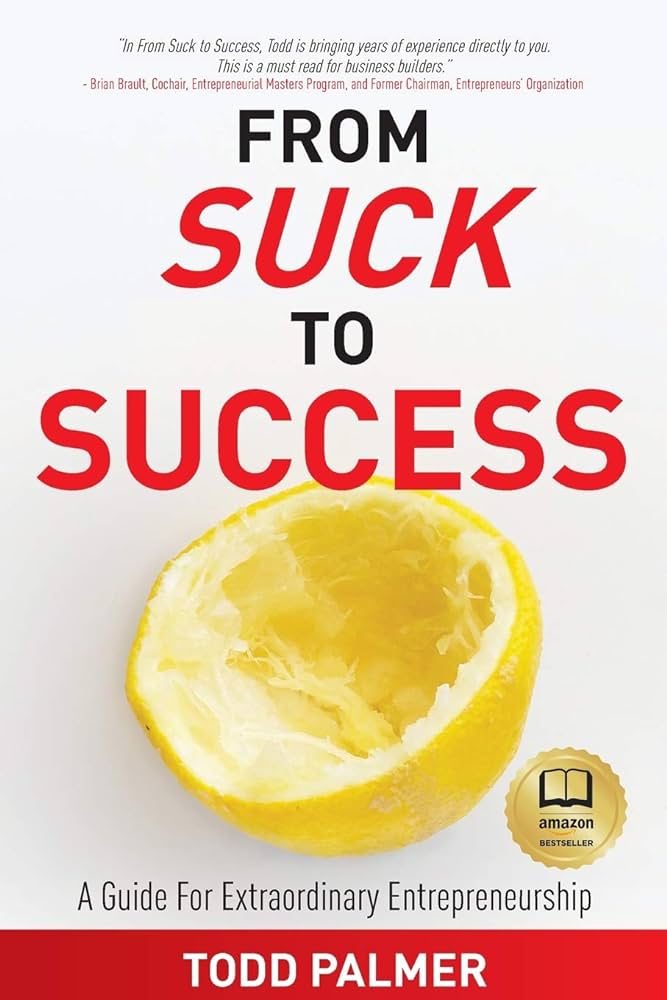As we step into what could be a transformative year, I’m not here to just guide; I’m here to challenge you—to challenge the way things have always been done. At Extraordinary Advisors, we’re doubling down on our core values: Authenticity, Transparency, and Vulnerability (ATV).
But let me be real with you—I haven’t always shown up fully authentic. I’ve held back, staying within the safer waters of transparency and vulnerability without wading into the deep end of unfiltered authenticity. That changes now. This year, I’m committed to pulling back the curtain and sharing the raw, unvarnished truths from my 30+ years of leadership experience. That’s what extraordinary growth requires—showing up fully, flaws and all.
Why Psychological Safety is Non-Negotiable
The foundation of every thriving business is not just a leader who makes tough calls but a culture where every single voice feels heard, valued, and secure. This is psychological safety. It’s what allows teams to take risks, innovate, and grow—without fear of judgment or retribution.
Let me hit you with a hard truth: If your team can’t speak openly about their challenges, they won’t speak at all. Instead, they’ll retreat into survival mode, hiding behind artificial harmony. And when people are stuck in their collective amygdala, growth stalls. Psychological safety isn’t about being “nice.” It’s about being kind and courageous. It’s about leaning into the discomfort of tough conversations because that’s where progress lives.
The Work
This isn’t easy, and I won’t sugarcoat it. The Work—capital W—is messy, uncomfortable, and takes time. I’ve worked with some clients for years, and only now are they beginning to truly embed psychological safety into their organizations and even their homes.
Why does it take so long? Because the hardest battles are internal. To lead others with authenticity and courage, we must first reconcile with our baggage—the traumas, the insecurities, the relentless voice of the “itty-bitty-sh!tty committee” in our heads. Our brains resist change because staying the same feels safe, even when it’s holding us back.
I recently coached a founder who uncovered deep imposter syndrome—right in front of his entire team. His marketing agency struggled to market itself, and he felt exposed and responsible. But in speaking his truth, something powerful happened. He realized he wasn’t an island; he had a whole team to lean on. That single moment of vulnerability shifted the culture of his entire company.
Owning Your Sh!t
Here’s where it gets real. Ownership.
I’ll never forget a conversation I had with my coach about struggles in my marriage. I was convinced the issue was my wife—if only she would change, everything would be fine. Then my coach asked me a question that cut me to the core: “What ownership can you take here, Todd?”
I deflected, argued, and insisted it wasn’t my fault. But he pushed back, reminding me: “You chose this relationship. You chose her.”
That was the wake-up call I needed. Ownership isn’t about blame; it’s about seeing how we’ve contributed to where we are. It’s about stepping out of victimhood and into empowerment.
One client of mine, a business founder, recently faced a financial crisis. He was losing key clients, and his team was riddled with B players. It would’ve been easy to blame the market or bad luck, but instead, we reframed the challenge as an opportunity. He made the tough call to let go of the B players. By doing so, he didn’t just trim the fat; he laid the groundwork for a stronger, more aligned team culture.
This is what I mean when I say challenges happen for us, not to us. Every setback is a chance to rewrite the narrative, to lean into the discomfort, and to grow.
The Question That Changes Everything
Whether it’s personal relationships or professional roadblocks, the question is the same:
What role are you playing in your current challenges? And what can you do to reclaim your power over the outcome?
I want to hear from you. What’s something in your life that feels like it’s happening to you? Hit reply and tell me about it. Let’s reframe it together.
Next Week
Awareness is the first step to self-reflection. From there, we’ll dig deeper into uncovering your triggers. By identifying your “color”—blue, red, yellow, or white—we’ll explore how these patterns show up and how you can take control of your responses moving forward.
The journey starts with owning your part. The transformation happens when you own your future.
With gratitude,
Todd




